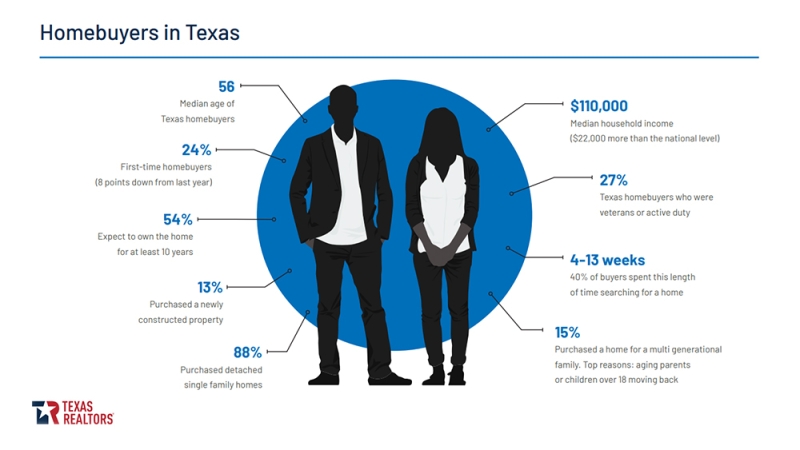House Bill 2127, known as the Texas Regulatory Consistency Act, passed in the Legislature and is waiting for the Governor’s signature. The act seeks to remove local regulations in specific areas that have led to a patchwork of regulations across the state. The act will amend seven different Texas Codes, including the Texas Finance Code, by adding Section 1.0004.
The amendment will preclude municipalities or counties from adopting or enforcing ordinances that are not explicitly authorized by state statute. The amendment would allow any person adversely affected by an ordinance to bring an action against the city, county, or official enforcing the ordinance. However, there is an exception for credit services organizations if the municipality adopted the ordinance before Jan. 1, 2023. The expectation is that consistency of laws and regulations will remove uncertainty and risk and decrease the cost of doing business across the state.
Timing to Report Security Breaches
Lenders and servicers also may be affected by a new law that shortens the time period for a company to report a security breach to the state attorney general. Under the existing law, companies had 60 days to notify the state attorney general of the breach. Effective Sept. 1, 2023, Senate Bill 768 amends the timeframe to “as soon as practicable” but no later than the 30th day after a breach has been determined. It will only apply to a breach that involves at least 250 residents in the state.
To facilitate reporting, the attorney general’s office is directed to post an electronic form on its website for companies to report breaches. The law does not affect other existing data breach reporting obligations, such as the obligations to notify consumers, consumer reporting agency, and data owners in certain circumstances.
Consistent with current law, companies must provide a detailed description of the nature and circumstances of the breach, as well as the number of affected individuals and the number of people already notified of the breach. Additionally, companies are required to address what steps they are taking to resolve the breach. These breach notifications will also be made available to the public on the attorney general’s website.
Clarifying “Trustees” in Deeds of Trust
Finally, Senate Bill 1568 passed in the legislature and is waiting for the governor’s signature. If signed, it will expand the definition of “trustee” and “substitute trustee” to clarify what parties are authorized to be a trustee and take action under a Deed of Trust with Power of Sale. The bill specifies that a trustee or substitute trustee may be an individual, corporation, organization, government or governmental subdivision or agency, business trust, estate, trust, partnership, association, or other legal entity. This amendment gives clarity and certainty to the process of selecting a trustee and substitute trustee.
Other Legislation
Notably, a bill proposing a constitutional amendment to loosen the restrictions on where a home equity loan or HELOC can close did not make it out of the Senate. The current law for home equity loans requires the borrower to close the loan at the office of the lender, an attorney’s office, or the office of the title company. House Bill No. 264 was trying to change that requirement for borrowers located outside of Texas because they, or their spouse, are on active duty with the United States Military, an officer of the Commissioned Corps of the United States Public Health Service, or members of the reserve components of the armed forces of the United States. The exemption would have also applied to civilian employees of the federal government connected to the armed forces if the employee is assigned to a foreign country or vessel.
Non-military members would have enjoyed the relaxed signing requirements if they had a disability that prohibits travel, were unable to leave their homes for medical reasons, and had a physician verify their condition. The bill would have extended this privilege to individuals who were incarcerated or under house arrest. It would have allowed qualified borrowers to close the loan from a remote location using online notarization. While this bill did not make it to the Governor’s desk, additional efforts to streamline the closing process will probably arise in future sessions of the Legislature.
Conclusion
Although House Bill 219 and Senate Bill 768 will not take effect until Sept. 1, lenders and servicers should begin their compliance efforts now to avoid potential issues. Compliance guidelines may need to be created or amended to ensure the necessary actions will be taken within the required timelines.
Paul Kellogg is of counsel in the Houston office of McGlinchey law firm; David Tallman is a member of the firm in the Houston and Dallas offices; and, Louis Rossitto is an associate in the Houston office.











